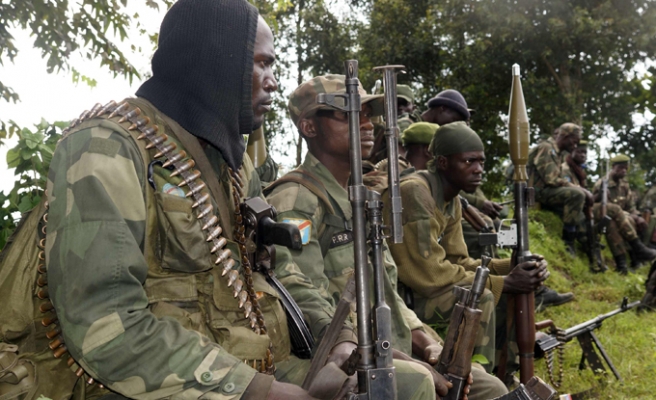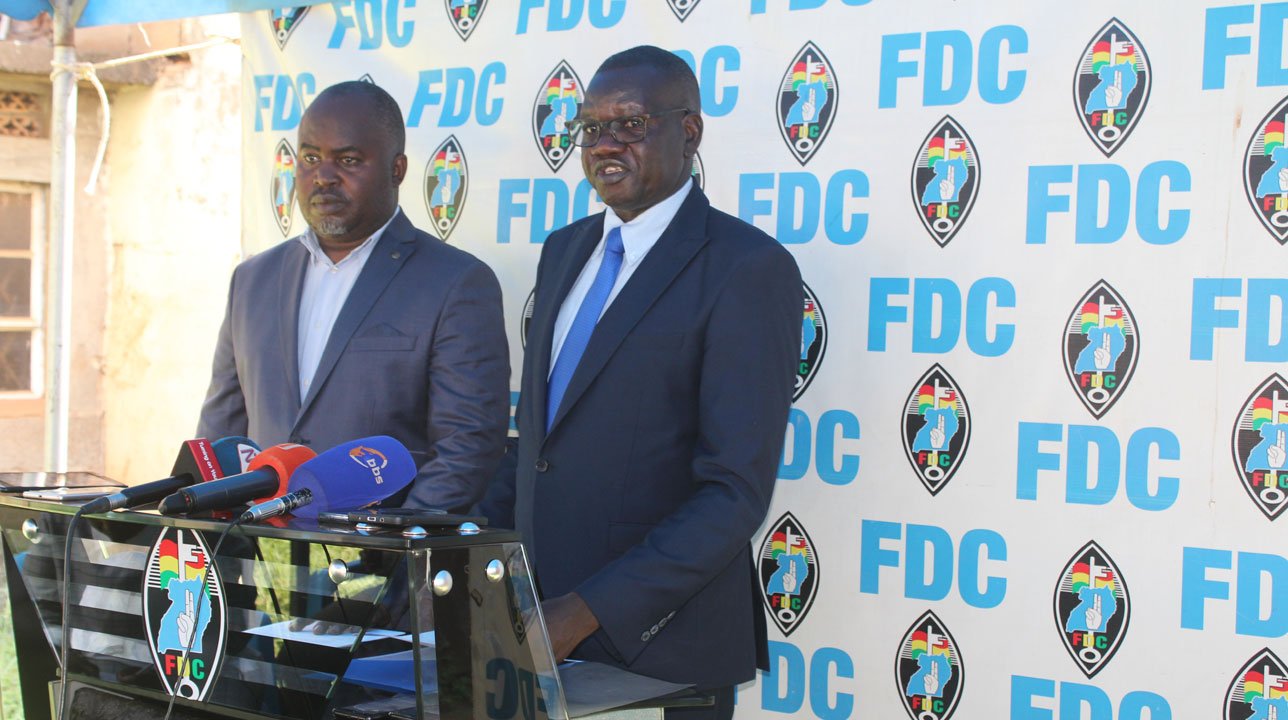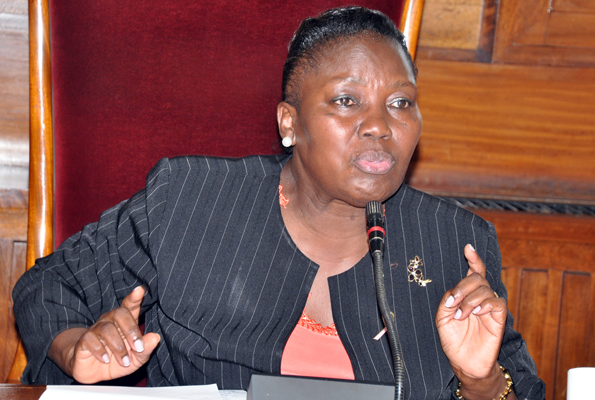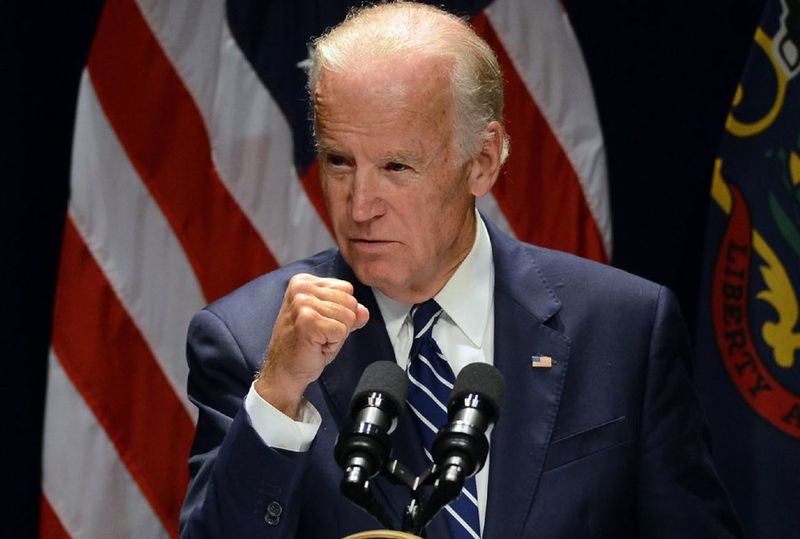By Andrew Besi
“Whenever Acquired Immune Deficiency Syndrome (AIDS) has won, stigma, shame, distrust, discrimination and apathy were on its side.
‘Every time AIDS has been defeated, it has been because of trust, openness, dialogue between individuals and communities, family support, human solidarity and the human perseverance to find new paths and solutions.” Michel Sidibe.
Soon after the jubilations of a new government in 1986, news began to filter through of a strange new “wasteful” disease from Kyotera.
Many thought it to be the work of traditional healers (witch doctors) from Tanzania. This new disease siriimu, as Ugandans called it, turned out to be a new viral infection that many had no idea about.
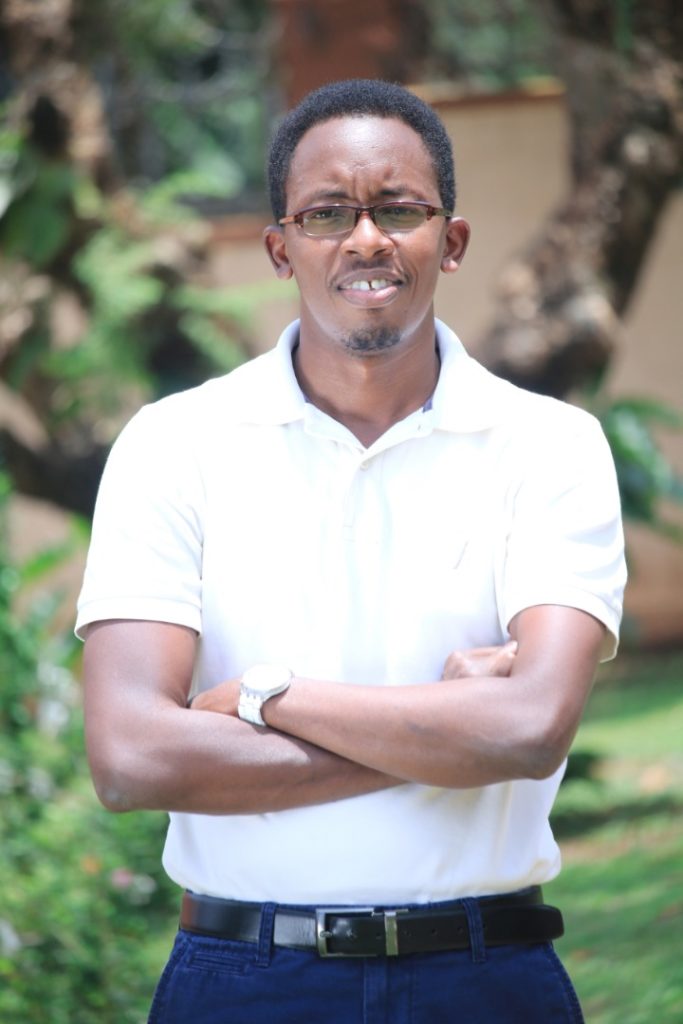
It is now generally accepted that its-siriimu and the first recorded case was a 16 year old boy in St.Louis Missouri USA in 1969.
Robert Rayford, it is reported suffered from an unknown disease.
But it was not until a decade later, after technology advances and a surging number of new cases among the gay community, that scientists were able to identify and name this disease and the virus that caused it.
Its lengthy name Acquired Immune Deficiency Syndrome – AIDS – and the virus that causes it, Human Immunodeficiency Virus – HIV.
But still, in the 1980s, very little was known about how HIV is transmitted. The fear of contagion understandably made many people scared of those infected – stigma.
Global prevailing professional opinion is that HIV – related stigma and discrimination refers to “prejudice, negative attitudes and abuse directed at people living with HIV and AIDS. Stigma and discrimination make people vulnerable to HIV.”
This May, as has been the case since 1983, specifically on the 27th day, Uganda will join the rest of the world in commemorating the International AIDS Candlelight Memorial with a theme, HIV Stigma-Free Workplaces: Journey to Ending AIDS by 2030. The scientific event will be held at the office of the President conference hall.
This memorial is not only an opportunity to remember the people we have lost but also to honor those who dedicated their lives to helping people living with and affected by HIV/AIDS and continue to mobilize our communities in solidarity.
Reader! As you are aware, HIV prevalence rates in Uganda have reduced from unfortunate highs of between 18%- 20% in the late 1980s to just slightly under 6% today. Sadly, HIV stigma is reducing at a much slower pace.
Since the early 1980s over 2million people are estimated to have succumbed to HIV-related illness. Annually, over 28,000 people die as a result and 52,000 new HIV infections are recorded especially among the young people in our country.
A 2019 Index survey by People Living with HIV(PLHIV), “the most persistent form of stigma was awareness of both family members and non-family members who made discriminatory remarks or gossiped about the people leaving with HIV (PLHIV) at 34%.”
Indeed, there is a cyclical relationship betwixt HIV and Stigma. People who experience stigma and discrimination are marginalized and made more vulnerable to HIV, while those living with HIV are more vulnerable to experiencing stigma and discrimination.
This then affirms what the Hon. Esther Mbayo said: “When people are stigmatized, they do not seek health services in a timely manner. This delay greatly reduces chances of seeking early treatment, adhering to treatment and achieving viral suppression which is key in Ending AIDS by 2030.”
Government, in a bid to deter stigma against persons living with HIV(PLHIV), through Uganda AIDS Commission (UAC) last year developed National Policy Guidelines on Ending HIV Stigma.
These guidelines are to be launched and disseminated this calendar year. These guidelines address stigma and spell out the role of different key stakeholders in the fight against this vice. This is why this year’s International Candlelight Memorial is an apt one.
Through the visionary leadership of H.E. Yoweri Museveni and because of the strategic global partnerships with entities such as UNAIDS, President’s Emergency Plan for AIDS Relief (PEPFAR), Global Alliance for Vaccines(GAVI) and others, Uganda has launched an ambitious plan to end the spread of HIV/AIDS amongst our populace by 2030.
This fight against stigma is yet a new frontline in the battle to actively end AIDS in Uganda by 2030. It is a worthy fight that calls for our concerted efforts.
The Writer is a Communications Assistant At Digital Media Unit Ministry of ICT and National Guidance.








